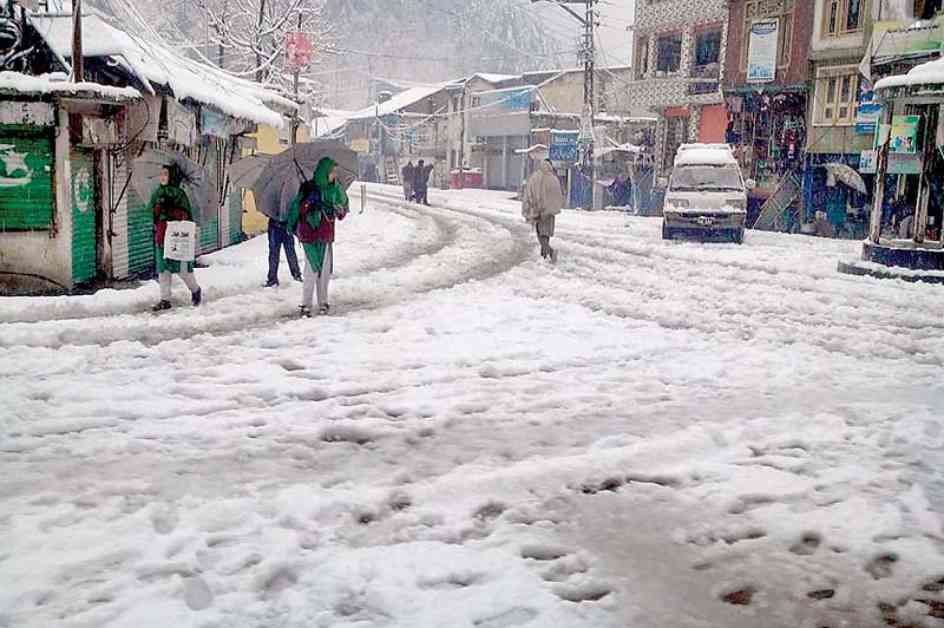Extreme Weather Alert: Pakistan Braces for Rain, Snow, and Flash Floods
The Pakistan Meteorological Department (PMD) has issued a weather warning, alerting citizens to the impending arrival of western winds into the country from Saturday. These winds are expected to bring widespread rainfall and snowfall to various regions, posing potential risks and challenges for residents and travelers alike.
Widespread Impact
From January 18 to 20, several areas across Pakistan are likely to be affected by the changing weather conditions. In Balochistan, regions such as Quetta, Ziarat, Chaman, Pishin, and others are anticipated to experience intermittent rainfall and snowfall in mountainous areas alongside strong winds. Similarly, parts of Khyber Pakhtunkhwa, including Chitral, Swat, Abbottabad, and others, will face heavy winds, rainfall, and possible snowfall.
Potential Hazards
The PMD has highlighted the risk of flash flooding in certain areas, such as Chagai, Nushki, Kharan, and Quetta, due to moderate rainfall. Additionally, the department has warned of potential road closures and traffic disruptions in regions like Naran, Swat, and Neelum Valley, where heavy snowfall is expected. Landslides and avalanches pose a significant threat to mountainous regions in Azad Kashmir, Gilgit-Baltistan, and Khyber-Pakhtunkhwa.
Safety Precautions
In light of the forecasted weather conditions, authorities have issued safety guidelines for different groups. Tourists planning trips to northern areas are advised to exercise caution, while farmers are urged to adjust their activities to prevent damage to crops and property. Citizens are encouraged to stay informed about weather updates, especially those residing in flood-prone or snow-affected regions, and to take necessary precautions to ensure their safety.
As a personal anecdote, I vividly recall a winter trip to the northern areas of Pakistan where heavy snowfall unexpectedly stranded us on a mountain road. The experience taught me the importance of being prepared for extreme weather conditions and respecting nature’s power. This serves as a reminder that while we cannot control the weather, we can take proactive steps to protect ourselves and our loved ones during such challenging times.
By staying informed, following safety guidelines, and being prepared, we can navigate through these weather challenges with resilience and caution. Let’s all do our part to stay safe and weather the storm together.









